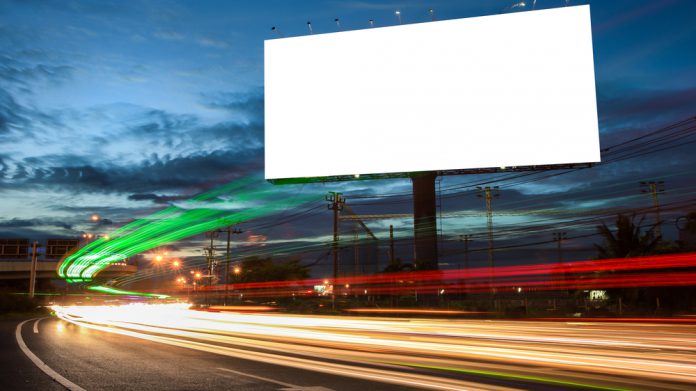Franc Weerwind, Dutch Minister for Legal Protections, has confirmed that a ban on untargeted gambling advertising will enter into force later this year, while also casting significant doubt over a proposed two strikes and you’re out rule.
This came in the latest set of parliamentary questions, which saw Mirjam Bikker of the Christian Union, Michel van Nispen of the Socialist Party, Kees van der Staaij of the Political Reformed Party and Songül Mutluer of the Labour Party, field ten questions that covered on array of issues.
Regarding a proposed cessation of advertising, which was initially set to be implemented from January 1, 2023, Weerwind confirmed that this will be enforced by the start of July at the latest.
The ban on non-targeted advertising has been enforced as part of a larger effort to curb the impact of gambling advertisements on young people, addressing concerns raised by addiction experts.
“The decree that extends to a ban on untargeted advertising for online games of chance will enter into force no later than July 1, 2023,” he answered after being quizzed on when the ban would “finally take effect”.
This initial step will see advertising banned via television, radio or in public indoor or outdoor spaces.
Furthermore, the aforementioned cross-party group of Dutch MPs also issued questions on “a two-strikes-you’re-out model,” which, it was said, would see those that “repeatedly target young people” potentially be stripped of their licence.
However, Weerwind was quick to note interventions must be carried out in proportion to the violation, with the Kansspelautoriteit’s enforcement strategy based upon “proportionality and subsidiarity”.
He commented: “Experience shows that norm-transferring discussions often already lead to compliance with the rules and orders subject to periodic penalty payments are not necessary.
“If an order subject to periodic penalty payments does not lead to compliance with the law, a fine may also be imposed in addition to or instead of an order subject to periodic penalty payments.”
“In addition to being able to impose orders subject to periodic penalty payments and fines, the Koa Act also gives the Ksa new powers, such as imposing a binding instruction. With this, promoters, such as payment service providers, and other parties that provide essential services can also be stopped.
“This requires customisation and I think it is important that the regulator has the scope to provide this customisation. A two-strikes-you’re out model does not fit in with that.”













